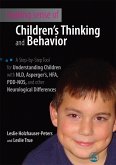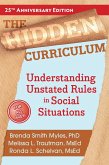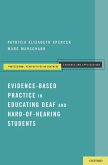Achieving good behavior and social skills in a child with developmental disabilities can often be very difficult, and methods that improve behavior in other children are often unsuitable or ineffective. Achieving Best Behavior for Children with Developmental Disabilities is an accessible workbook designed specifically for parents of children with developmental disabilities.
It offers practical, hands-on advice and step-by-step instructions for drawing up and implementing behavior plans that successfully address and improve challenging behaviors. The book is also full of interactive checklists and activities that help to monitor and assess behaviors and track a child's development. The author also explains the reasons for children's behaviors and gives a wealth of practical advice on how to deal with specific situations, from shopping trips and getting a haircut to dentist appointments and children's birthday parties.
Primarily for parents and carers of children with developmental disabilities, this book will also be of use to teachers, school psychologists, occupational therapists, speech/language therapists, social workers and anyone working with children with developmental disabilities.
It offers practical, hands-on advice and step-by-step instructions for drawing up and implementing behavior plans that successfully address and improve challenging behaviors. The book is also full of interactive checklists and activities that help to monitor and assess behaviors and track a child's development. The author also explains the reasons for children's behaviors and gives a wealth of practical advice on how to deal with specific situations, from shopping trips and getting a haircut to dentist appointments and children's birthday parties.
Primarily for parents and carers of children with developmental disabilities, this book will also be of use to teachers, school psychologists, occupational therapists, speech/language therapists, social workers and anyone working with children with developmental disabilities.
Dieser Download kann aus rechtlichen Gründen nur mit Rechnungsadresse in A, D ausgeliefert werden.









